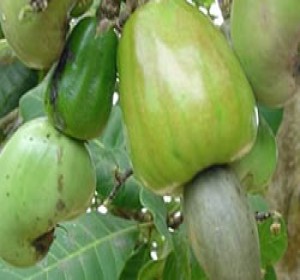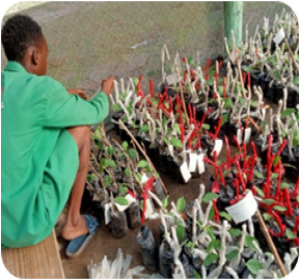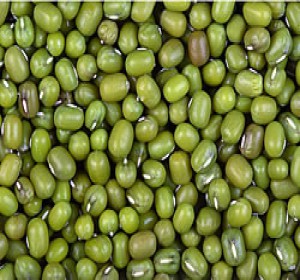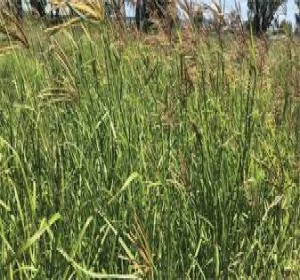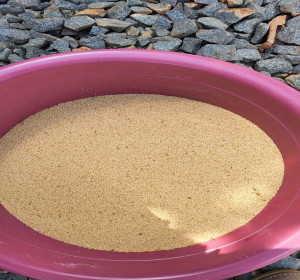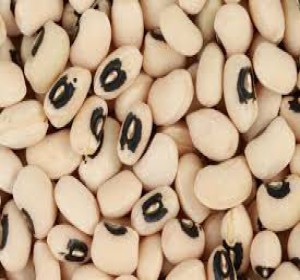Research Centre: KALRO Thika
Principal Researcher: Dr. Joseph Kori
Research Background:
Mango (Mangifera indica L.) is the second most important fruit crop after banana in terms of value in Kenya. Besides being a commercial crop, mango makes an important part of the diet of Kenyans since it is an excellent source of Vitamin A, Vitamin C, and minerals such as potassium and calcium. Mango production in Kenya is dominated by small-scale farmers who constitute about 80 % of the total production. However, despite the great importance of this crop, its full potential has not been realized due to various challenges along the value chain. One of the major challenges is the seasonality of the crop resulting in a glut during the on-season and little or no mangoes during the off-season.
The consequence of this is the high fluctuation of the prices. In addition, mango processors can only operate about three months in a year due to unavailability of the fruits for the rest of the year. Manipulation of mango trees so that they can produce over a longer period of the year through off-season flower induction can greatly alleviate this problem and enhance the incomes of farmers and other value chain actors.
Off-season flower induction has been successfully practiced in many mango-producing countries like the Philippines, Brazil and South Africa. Various technologies are used for this purpose including selection of flower induction responsive varieties, cultural methods, growth regulators such as potassium nitrate, paclobutrazol and plant hormones.
Potassium nitrate, paclobutrazol and plant growth hormones have been found to have no risks to consumers as long as Good Agricultural Practices (GAP) is adhered to. Maximum residue level of paclobutrazol, a growth regulator, according to Article 12 of Regulation (EC) No 396/2005 found no risk to consumers ( https: www.efsa.Europa.eu).
Furthermore, according to European Food Safety Authority, plant growth regulators are low in toxicity and would not be hazardous to human health if they are used in accordance with GAPs. EU and Codex Alimentarius have set maximum residue levels and farmers are allowed to use them during plant growth (https://food safety.gov.mo). These growth regulators are naturally produced by plants and are essential for regulating their own growth.
This work is proposing to evaluate these technologies under our conditions in Kenya with a view of having higher yield and more regular production thus enhancing incomes of farmers and other value chain actors. The following sub-activities are being implemented.
Research Objectives:
- Evaluate and validate the responsiveness of local and exotic varieties to off-season flower induction technologies under controlled conditions.
- On-farm validation of promising off-season flower induction technology in different Agro-Ecological Zones (AEZs).
Achievements:
- The study results indicated that the two growth regulators, Ethrel and KNO3 as well as bark ringing promoted early flowering of mangoes but the extent of the effect depended on variety. Kent variety responded very well to bark ringing while Van Dyke responded best to Ethrel treatment. Tommy Atkins had the lowest responses to all the treatments.

